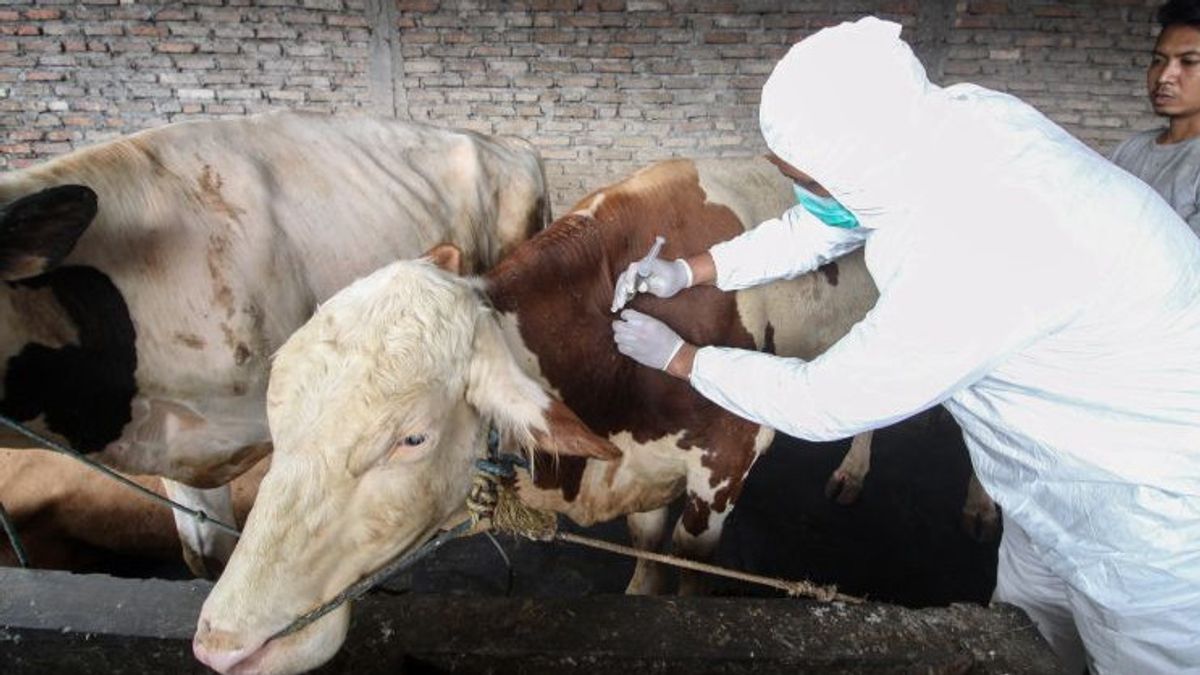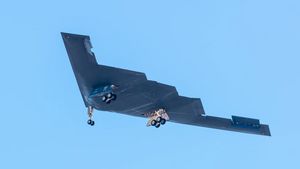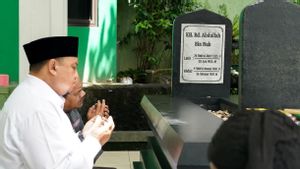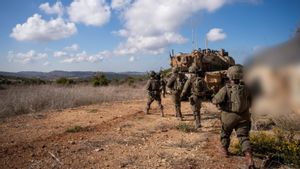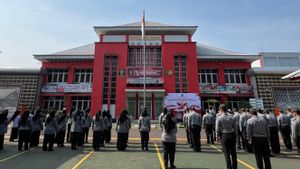BANDAR LAMPUNG - Lampung Veterinary Center said that the existence of an Animal Health Certificate (SKKH) is one way to ensure the health of livestock ahead of Eid al-Adha.
"Ahead of the implementation of the sacrifice during Eid al-Adha, it is hoped that the control of foot and mouth disease in livestock can be carried out properly," said Head of the Lampung Veterinary Center, Hasan Abdullah Sanyata in Bandar Lampung, quoted from Antara, Monday, May 30.
He said, to ensure the health of the sacrificial animals, SKKH had been issued by the relevant agencies. "So this SKKH is a guarantee for the health of livestock that will be used for sacrifice later," he said.
According to him, the community is also expected to buy sacrificial animals that already have SKKH to prevent the spread of disease in livestock.
"The community should coordinate with the relevant agencies that issue the SKKH. We hope that the cattle that have this certificate do not contain any disease," he said.
He continued, the issuance of the animal health certificate was not only to ensure animal health but also to prevent the spread of FMD.
"What is worried is that when livestock are affected by FMD, it can infect other animals around the slaughtering location. So anticipatory steps continue to be taken," he added.
He said that people who want to ensure the health of the sacrificial animals can ask the relevant task forces at the district and city levels.
"The public can consult with the relevant task force, later the livestock will be examined by animal health personnel. Because to overcome this problem, it is necessary to have a role from all parties, and later the Ministry of Agriculture will issue procedures and instructions for the implementation of qurbani in the midst of current conditions," he said.
The English, Chinese, Japanese, Arabic, and French versions are automatically generated by the AI. So there may still be inaccuracies in translating, please always see Indonesian as our main language. (system supported by DigitalSiber.id)
